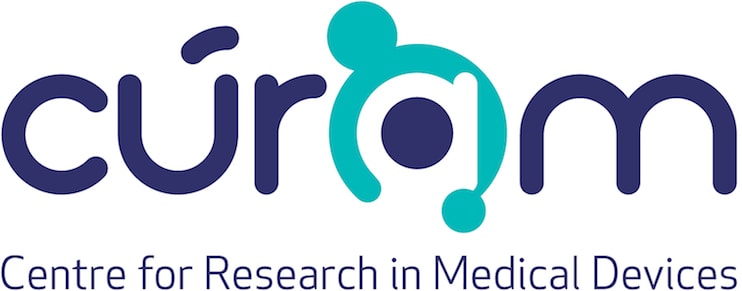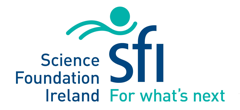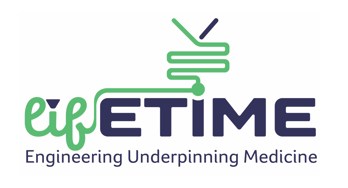3 Month Placement at Sphere Fluidics
By LifETIME CDT Student: Antonia Molloy (She/Her) (Aston University) I recently undertook my three-month placement at Sphere Fluidics, Cambridge, where I was working with the welcoming chemistry team. The main aim of my placement was to help synthesise and test a new surfactant the company are looking to commercialise in the future applications for droplet microfluidics. …








